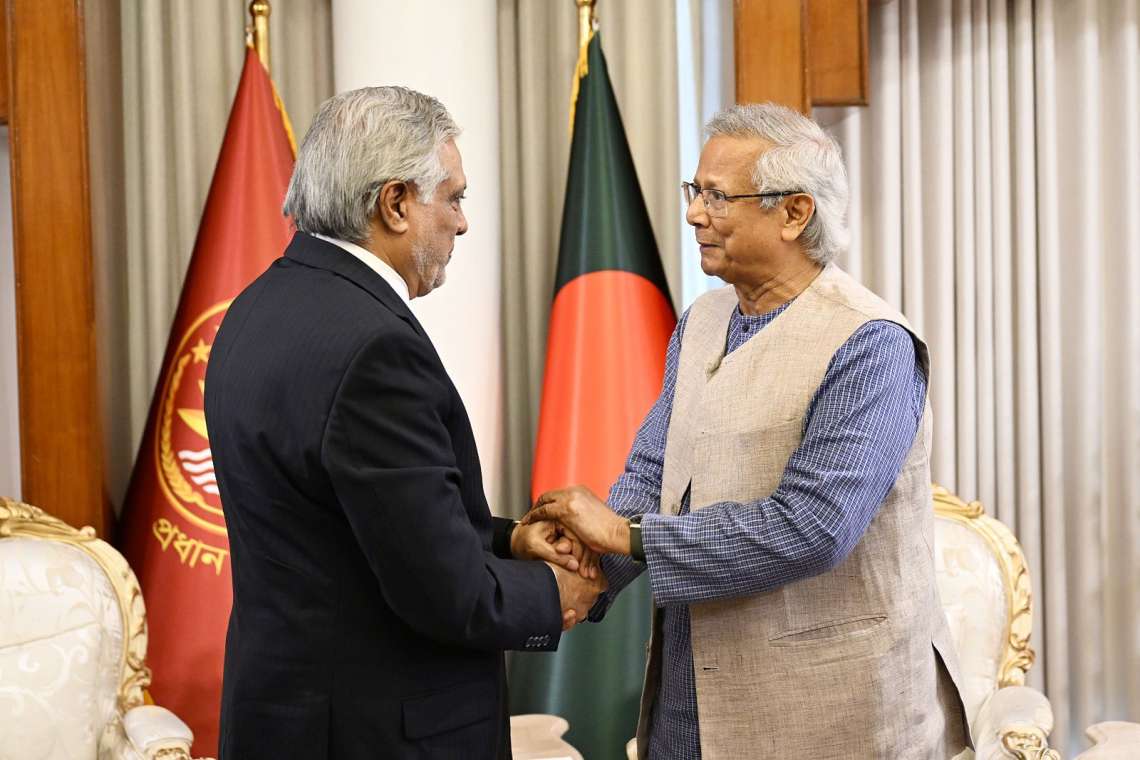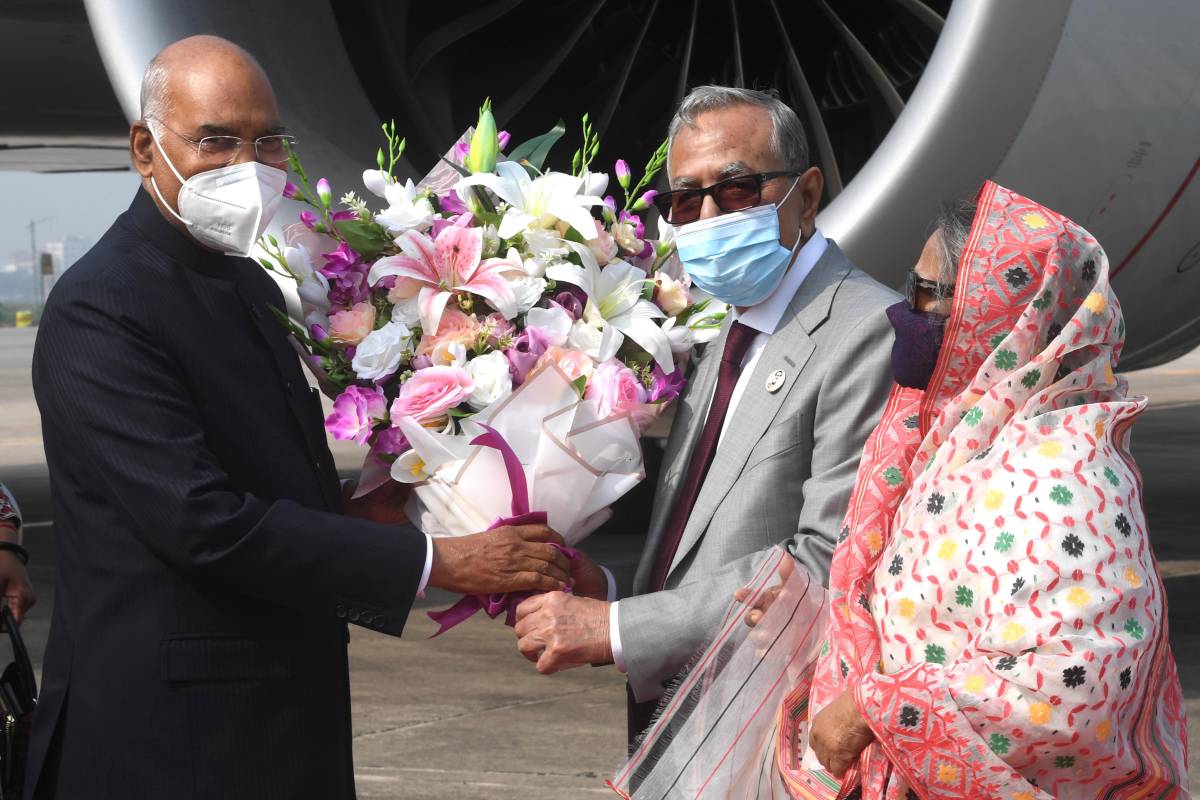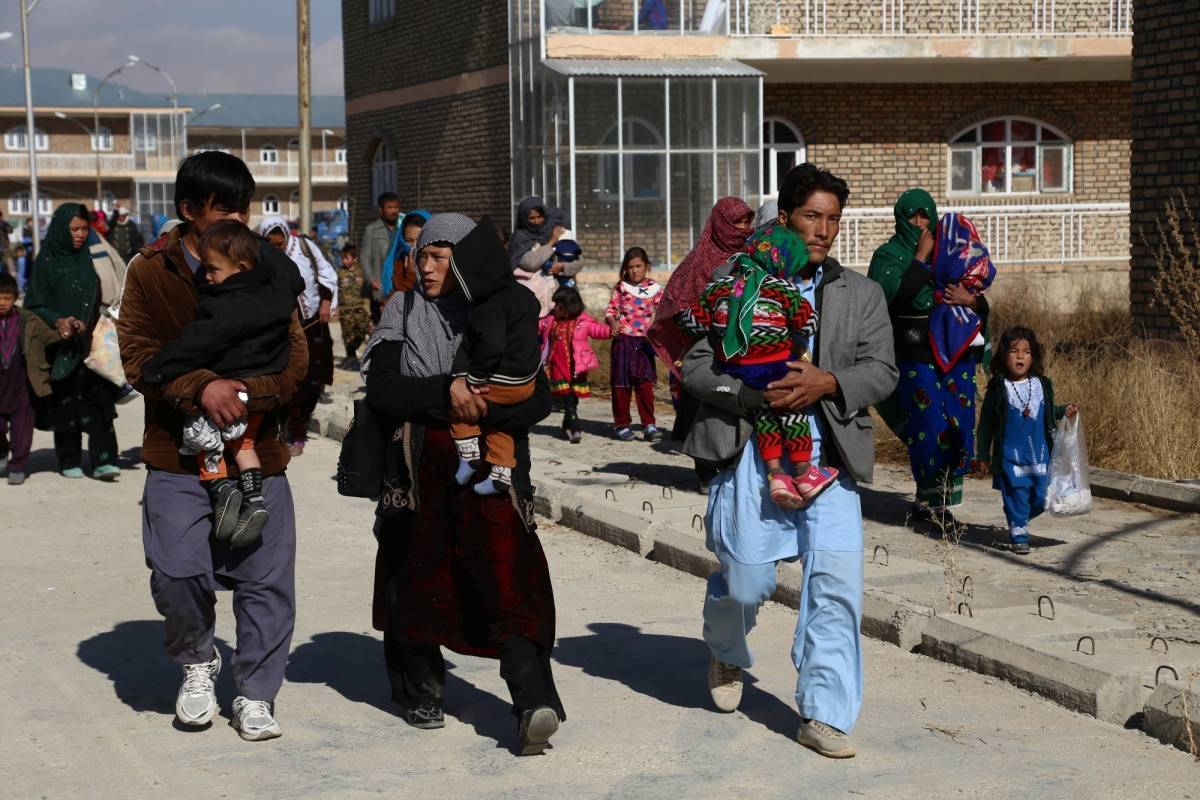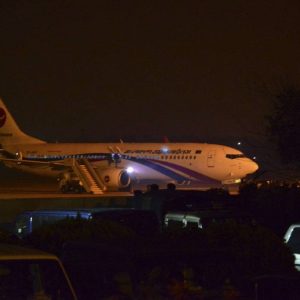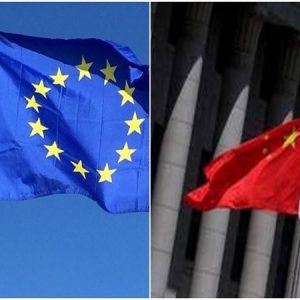The Chinese, though heavily invested in the country, however seem largely oblivious of what’s going on about 100 miles south of Arunachal Pradesh, which Beijing likes to call ‘South Tibet.’ …writes Mukesh Sharma
While Chinese media has been letting off steam over what it calls brouhaha about Taiwan calling the People’s Liberation Army weak, to the south across the eastern end of the Himalayan Cordillera a different script is being torn into. As India’s eastern neighbour and ‘garment nation’ of the world marks half century of liberation, Prime Minister and Awami League leader Sheikh Hasina on Tuesday railed at what she called terrorists and militia groups responsible for the massacre wrought 50 years ago.
The Chinese, though heavily invested in the country, however seem largely oblivious of what’s going on about 100 miles south of Arunachal Pradesh, which Beijing likes to call ‘South Tibet.’
A Chinese person in the UK said he had “heard about the Bangladesh War but doesn’t know the details.”
When approached by IANS, a Chinese state media employee not wishing to be named, said: I knew that Bangladesh used to be part of Pakistan, but I am largely unaware of the history.
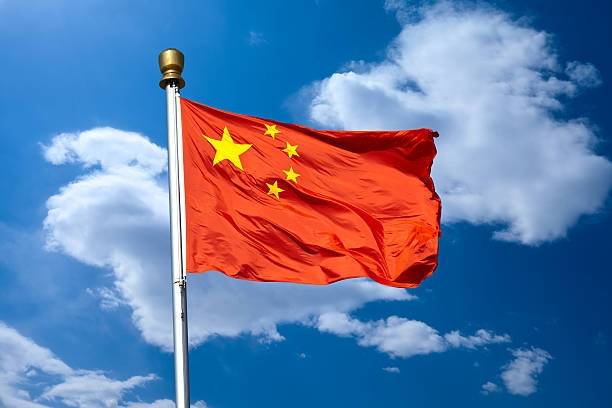
Has the Himalayan range come in the way of a better understanding of the geopolitics across this geographical barrier? No, says Pankaj Srivastava, an Indian broadcast journalist who worked for about a decade with the Hindi service of China Radio International (CRI) in Beijing.
“The Chinese are a people who avoid looking back at history. They are more into the nuances of the next mobile phone model launch or discussing what the latest IT device entails,” said Srivastava, who moved to India about two years ago.
Has the flailing popularity of humanities contributed to a lack of interest in events of the past? That seems to be one of the important reasons, says the Noida-based journalist. “The clamour for jobs has led to the youth lapping up IT, management and commerce courses, leading to history, sociology, philosophy getting a short shrift. This, he adds, has resulted in a disenchantment with the past and an obsession with the future.
Though Bangladesh has thousands of Chinese employed mostly in the construction industry, few would know how the country, once called East Pakistan, achieved liberation.
“Chinese expats in Bangladesh socialise with citizens in Dhaka and Chittagong,” said Mohammad Ahtasum Haider who hails from Cumilla, which is about 100km from the capital Dhaka. Haider, who lives and works in Qatari capital Doha, has two children back home who are filled with excitement in anticipation of the celebrations. Tahmid Haider and his younger sister Toha Haider will participate in the parade being organised in town on December 16 to commemorate 50 years of the birth of the nation.
Politics divides, but cultures unite: three neighbouring countries — India, Bangladesh and China probably epitomise this.





